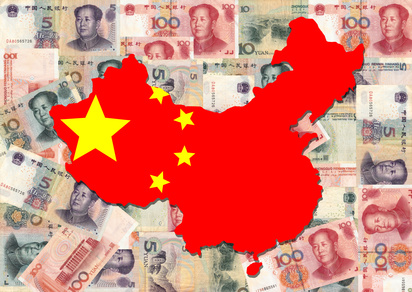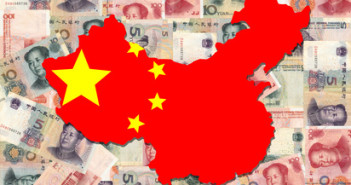Against the backdrop of crucial bilateral talks between the world’s two superpowers, it is clear that China increasingly understands the urgent need to undertake economic rebalancing. For instance, PBOC officials have repeatedly stated over recent months that a stronger exchange rate can play a part in inhibiting the build-up of inflationary pressures. This is a position that Chinese politicians also increasingly accept. At the same time, China has actively been implementing changes to capital and trade controls, in effect allowing fuller convertibility of the yuan.
Guest post by FXPro
That said, not all policy-makers are agreed on the pace at which this rebalancing can or should be achieved. The currency is critical to refocusing the economy more towards servicing domestic demand. Since the middle of last year when China undertook to allow the currency to more fully reflect market forces, the yuan exchange rate has appreciated by around 5% against the dollar. However, when adjusted for inflation, the yuan has risen by a more significant 10%.
For their part, many American politicians are still transfixed by the idea that China manipulates the value of its currency, ensuring that it remains competitive and thereby artificially boosting exports. Interestingly, the latest trade figures out of China could actually suggest that the trade surplus is slowly narrowing. In the first four months of this year, the surplus stood at USD 10.71bn, comfortably below the USD 16.22bn recorded in the comparable period of 2010. Indeed, it is difficult to criticise China’s attempts to stimulate domestic consumption over recent years. If anything, its problem has been one of containing an incredible surge in demand at home.
Perhaps less recognised these days is that US and Chinese policy-makers have more in common regarding China’s exchange rate. The former needs continued currency appreciation because China’s (supposedly) manipulative exchange rate policy has become a scapegoat for economic pain at home, while in China a stronger exchange rate plays an important role in tempering the rising cost of living, thereby helping to diffuse potential social unrest. Right now, inflation remains the number one policy priority in China.
